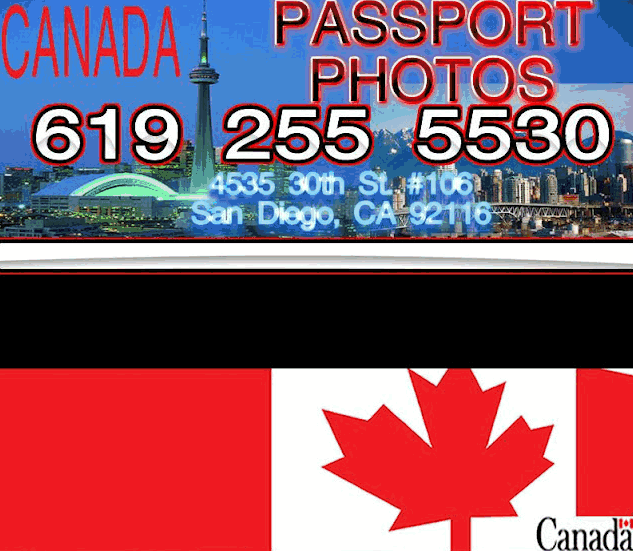|
Document Authentication
Authentication is the process of verifying the official nature of a document so that it can be accepted at face value by officials in another country. Various documents (birth/death, marriage/divorce, police records, corporate good standings, etc.) submitted to this office are being used internationally for adoptions, dual citizenship, doing business, transferring school records, etc.
There are two ways in which documents to be used for official purposes in other countries can be authenticated. Some nations are signatories to the Hague Convention of 1961. The Hague Treaty is an international treaty agreeing to accept the signature of the Secretary of State of each state, without having it certified by the U.S. Secretary of State. Documents going to those nations need only be authenticated by the attachment of an "apostille" to each document. In Minnesota, an apostille is issued with respect to the name of the Minnesota notary public, county or state official who has notarized the signature of the person or the official issuing the document.
Documents to be used in all other nations are authenticated by what is called a "certificate of office,” which requires more intermediary steps. You always should check with the consulate or embassy of the particular nation involved as to what that nation requires for an authentication to be valid.
Which countries require apostilles?
Countries which signed the Hague Treaty require apostilles. See the U.S. State Department website for a list of those countries: http://www.state.gov/m/a/auth
|


